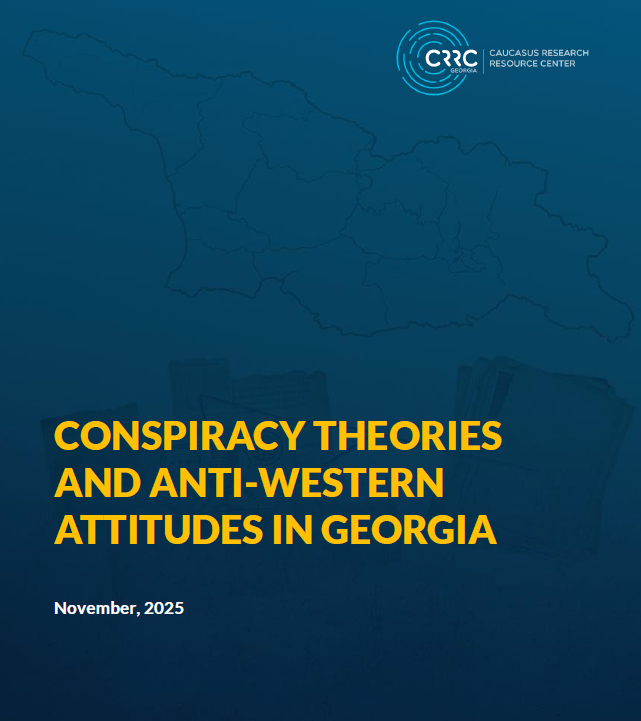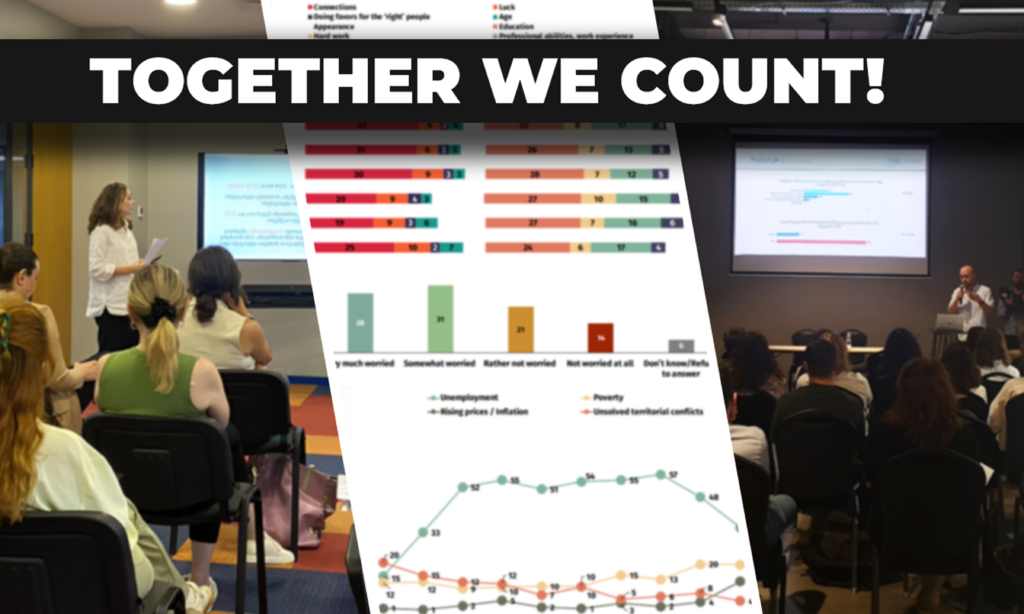Ekaterine Pirtskhalava analyzed the incomes and perceptions of poverty and wealth in the three
The survey data elucidate the difficult economic conditions in which citizens of the three countries live. Those families that perceive themselves to be poor or extremely poor families compose the largest percentage of respondents in
Gender also clearly plays a role in the economic well-being of families. Of female-headed households, 54.4% (compared to 41.0% of male-headed households) described their households as poor. The average income of male-headed households was substantially higher at 167.8 dollars compared to female-headed households where the average income was only 115.5 dollars. Female-headed families were not only poorer than male-headed households, but they more often perceive their economic status as having worsened. According to the findings, 37.8% of female-headed households compared to 31.8% of male-headed ones pointed to the worsening of their economic condition during past three years. This research raises important questions about how to help single women raising children in the










